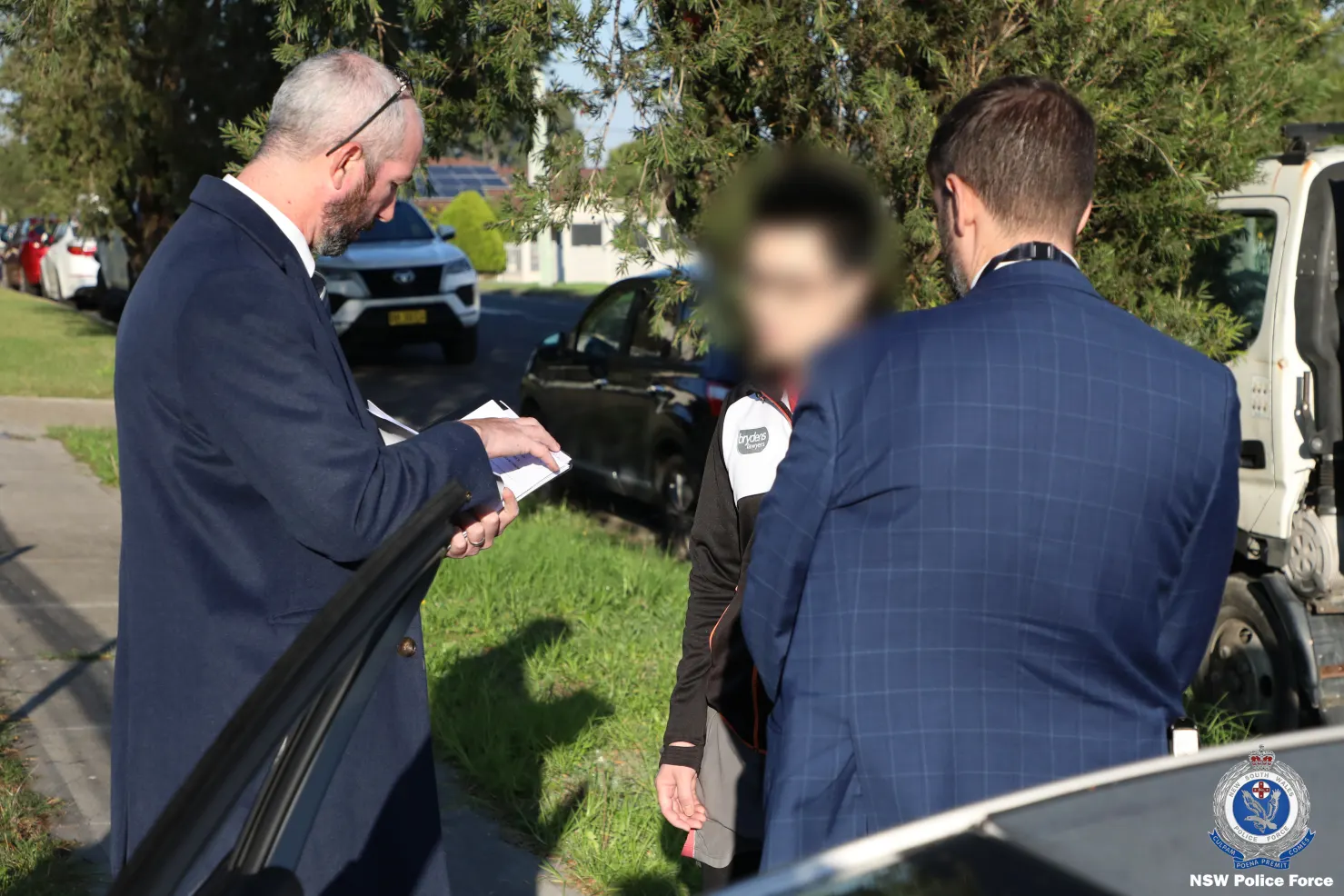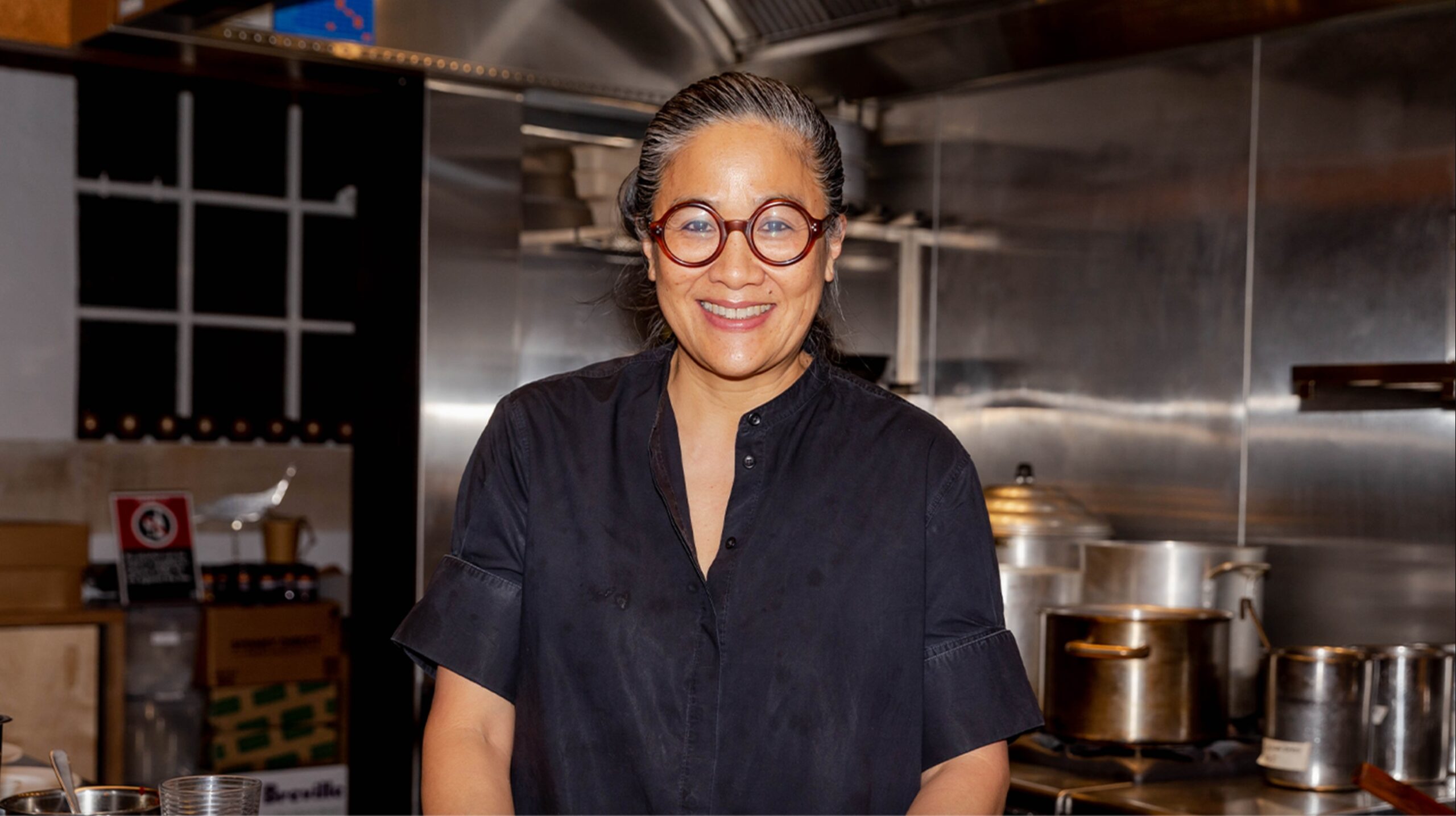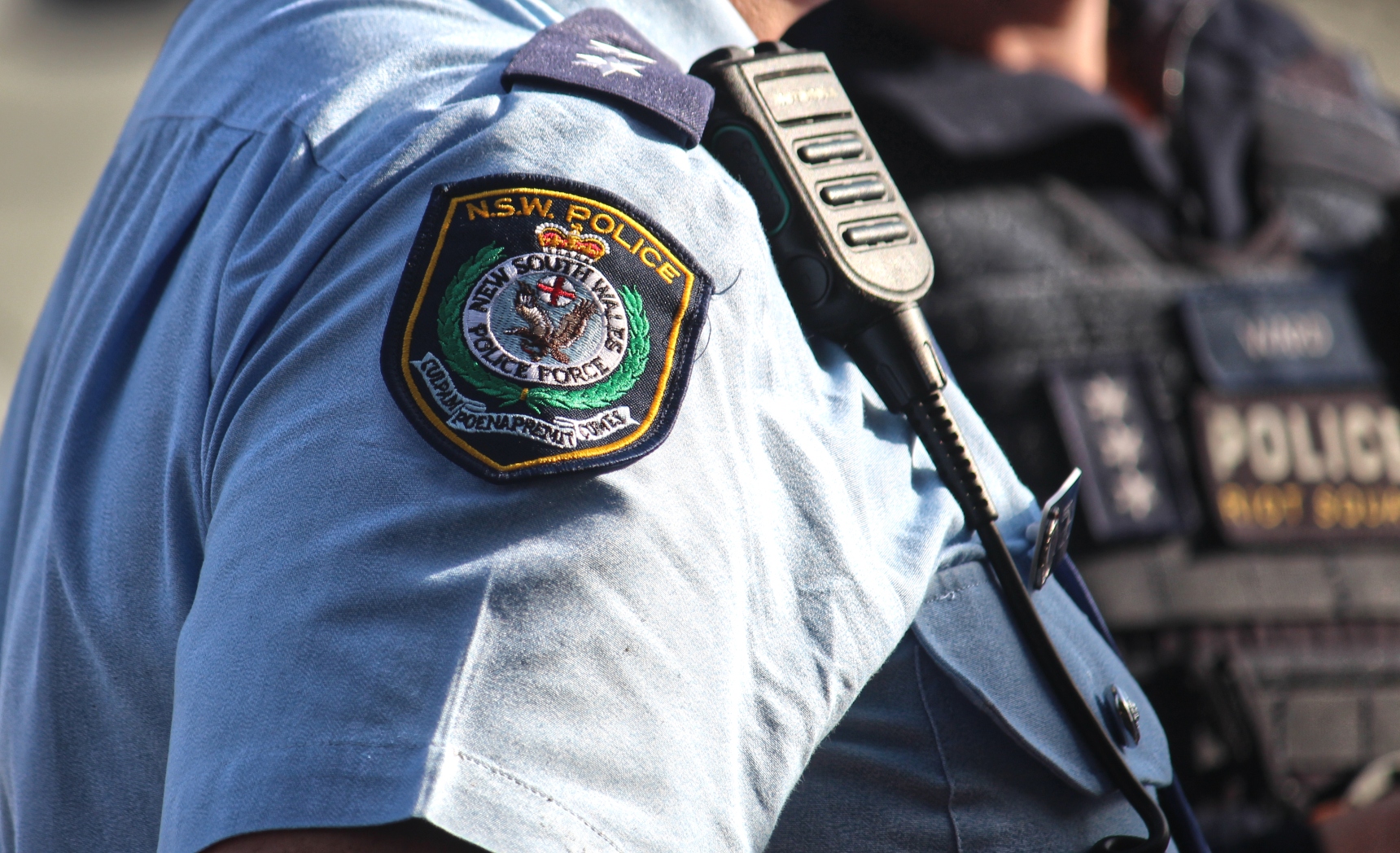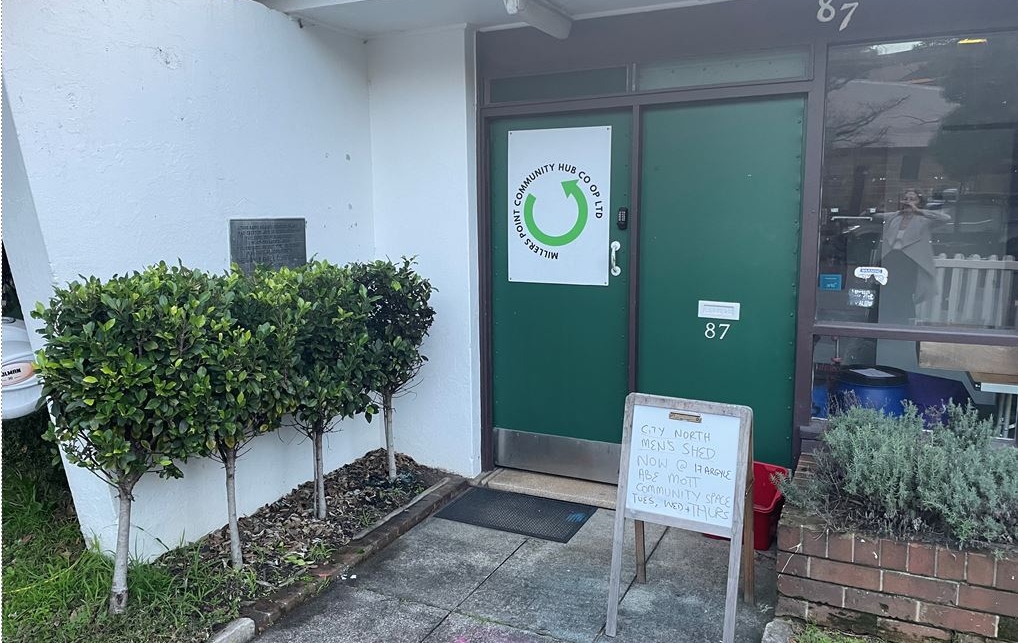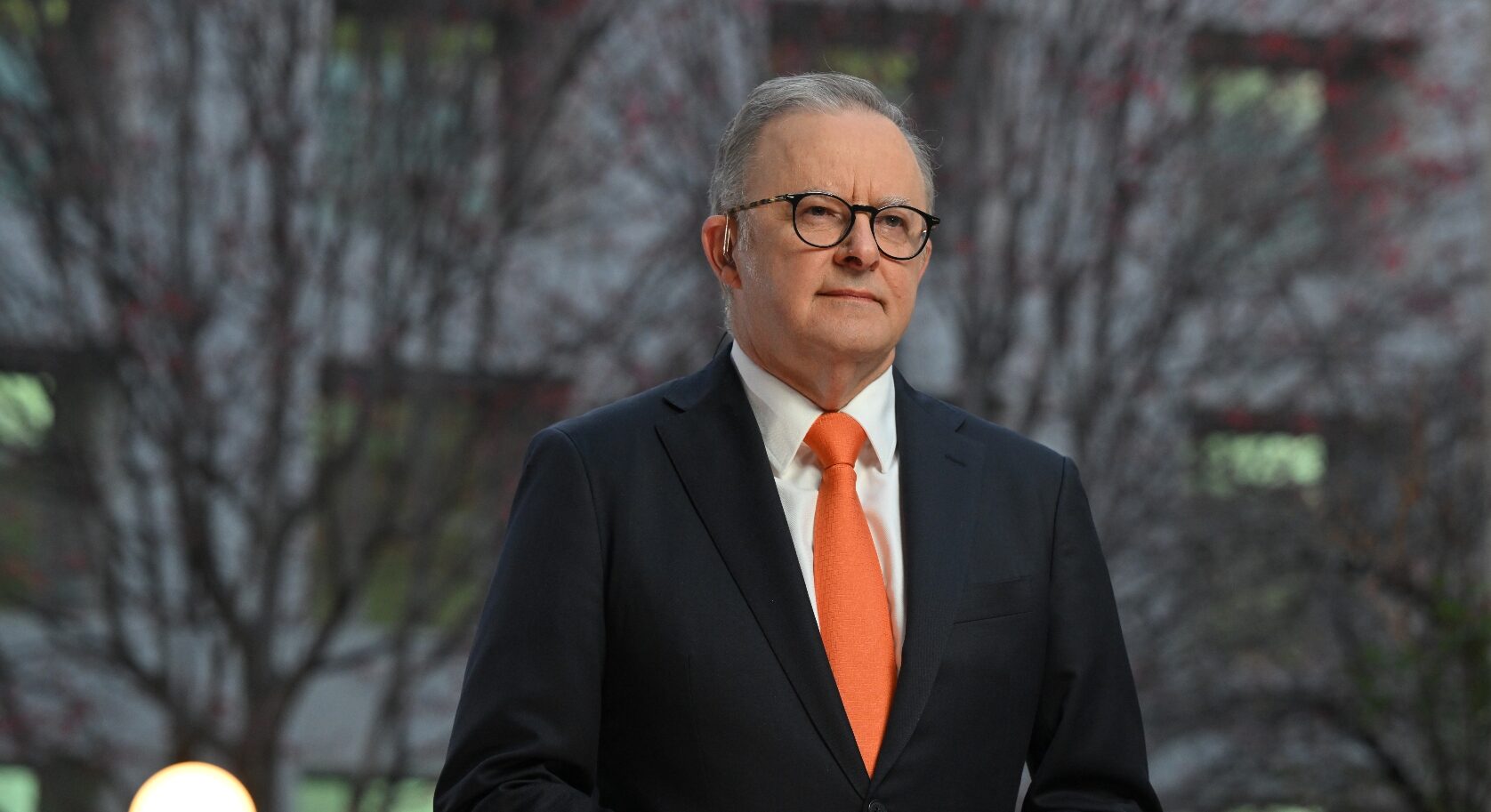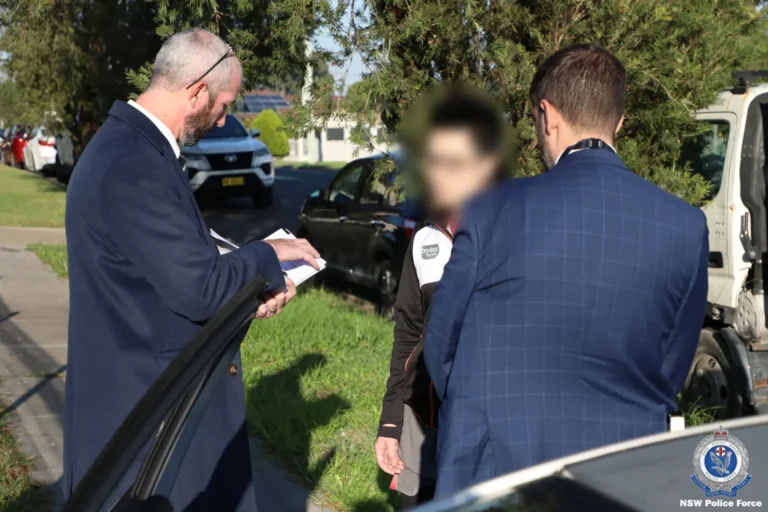

by GRACE JOHNSON
The NSW Government will be listening to the voices of artists and professionals in the music industry in their attempts to revive the live music scene.
On Monday November 6, the government announced a new survey that will allow those working in the music industry to speak about the challenges they face and what might be holding the industry back from reaching its full potential.
Minister for Music John Graham said, “The last decade of lockouts and lockdowns has led to a grassroots music venue crisis in this state. We know the live music sector is facing many challenges, and this research will help identify from firsthand experience of musicians and industry participants themselves what those challenges are.”
The survey will be open until January, but City Hub got some early insight into what musicians might have to say.
Popular music
Anna Walding is a professional singer who performs with several bands at both public venues and private functions across Sydney. She spoke to City Hub about some of the major barriers to a thriving music scene.
As she sees it, there’s often a disconnect between musicians, venues and audiences.
“Sometimes venues will book a live band but then not market the event to potential audiences, so the patrons don’t even know there’s something going on.”
“Then venues will say to me that they’d been hoping for a bigger audience. But how could the patrons have known?”
“That’s been really frustrating.”
Venues often book bands with the expectation that live music will encourage a larger turnout. But without the right marketing, bands are left playing to sparse audiences and venues wonder if they made the right investment. There’s also an overall lack of awareness of live music happening at smaller venues, like pubs, bars, breweries, and restaurants. Over time, this can result in venues investing less in hiring bands. The musicians are also left disheartened.
“No one likes playing to an empty crowd,” said Anna. “It’s better when you have an audience that’s giving energy back.”
But it’s been especially difficult getting audiences into venues since COVID-19, the singer acknowledged, saying “Getting people actually out the door has been really, really hard since COVID.”
There’s also a persisting sense from the Australian government that music, and the arts in general, are not always “worthwhile,” reflected in their decision to double the cost of some arts degrees in 2020.
Anna said, “As a musician, I felt that it sent the message of music as a not-worthwhile pursuit, even though being out and having those experiences really improves people’s quality of life.”
Classical music
It can be even more difficult to encourage audiences to attend concerts that are often perceived as elitist and inaccessible. The classical music sphere can be resistant to change and has historically catered to a restricted audience. Furthermore, the industry doesn’t do enough to engage younger listeners, so it’s no surprise that audiences are gradually disappearing.
City Hub spoke to classical pianist and now casual lecturer at the Sydney Conservatorium of Music, Nicholas Kennedy, who said, “I’m convinced that our number one collective challenge is to break down the barriers to Classical music that so many people feel.”
“Sometimes I’ll offer a non-musician friend a ticket to, say, a Mahler symphony, and get the response that they’re not ‘educated’ enough to understand the music, or that they’re not wearing what they consider the appropriate clothes for a concert. I think that’s a terrible shame, because great music and great performances can truly speak to everyone.”
The limited performance opportunities, lack of funding, and overall lack of appreciation across Australia for the arts, often means that performers are forced to pursue their careers or further education overseas. Opera Australia, for example, saw a massive hit in 2020. The loss of critical funding, which saw many forced redundancies, compelled the company to change its approach and adapt to a broader audience. But even then, performance opportunities are sparse and not enough to sustain a living. We see this across the board with various instrumentalists as well.
“It really saddens me to see good musicians moving overseas simply because they can’t make a career in their home country,” said Nicholas.
“I’d like to see more performance opportunities for local artists and, ideally, more programs to provide them with a smooth pathway into the profession. The work that organisations like Sydney Symphony Orchestra (SSO), Australian Chamber Orchestra (ACO), and Sydney Conservatorium do in this respect is massively valuable: we need more of it.”
Jazz music
Live jazz music has also faced setbacks, especially in recent years. City Hub spoke with Abby Constable, a drummer from the jazz stream at the Sydney Conservatorium of Music and a regular performer on the scene.
“Jazz performers have faced many challenges since the whole industry fell on its head during the pandemic,” said Abby.
“Many local venues which constituted the ‘bread and butter’ income gigs for many musos had to shut down.”
“Four years later, Sydney has bounced back with many live music initiatives from councils and venues,” she continued. “However the ripple effect of the pandemic can still be felt to this day.”
The city has seen historic venues shut down in the last few years, such as The Basement, one of Sydney’s oldest jazz venues, in 2018. Some gigs pay too little to be sustainable, as happened in 2020 at the East Sydney Hotel – a band’s 10-year residency playing traditional jazz had to come to an end and move elsewhere.
The Survey
Much more work is needed to be done, and many more voices to be heard, in order to truly revitalise the live music scene in Sydney.
The government is looking to hear from anyone in the industry – apart from performers, this includes managers, promoters, venue operators, roadies, audio engineers, lighting and technical teams, ticket and merchandise retailers and more.
While the government is saying that feedback will crucial to informing future policy changes, and will have a direct impact on the sector, their existing policies reflect a systemic undervaluation of the arts. Hearing from the voices of those in the music industry will help, but there needs to be an overhaul in the appreciation of live music, and the arts in general.
The State of the Scene – Live Music Survey is open until 15 January 2024.




